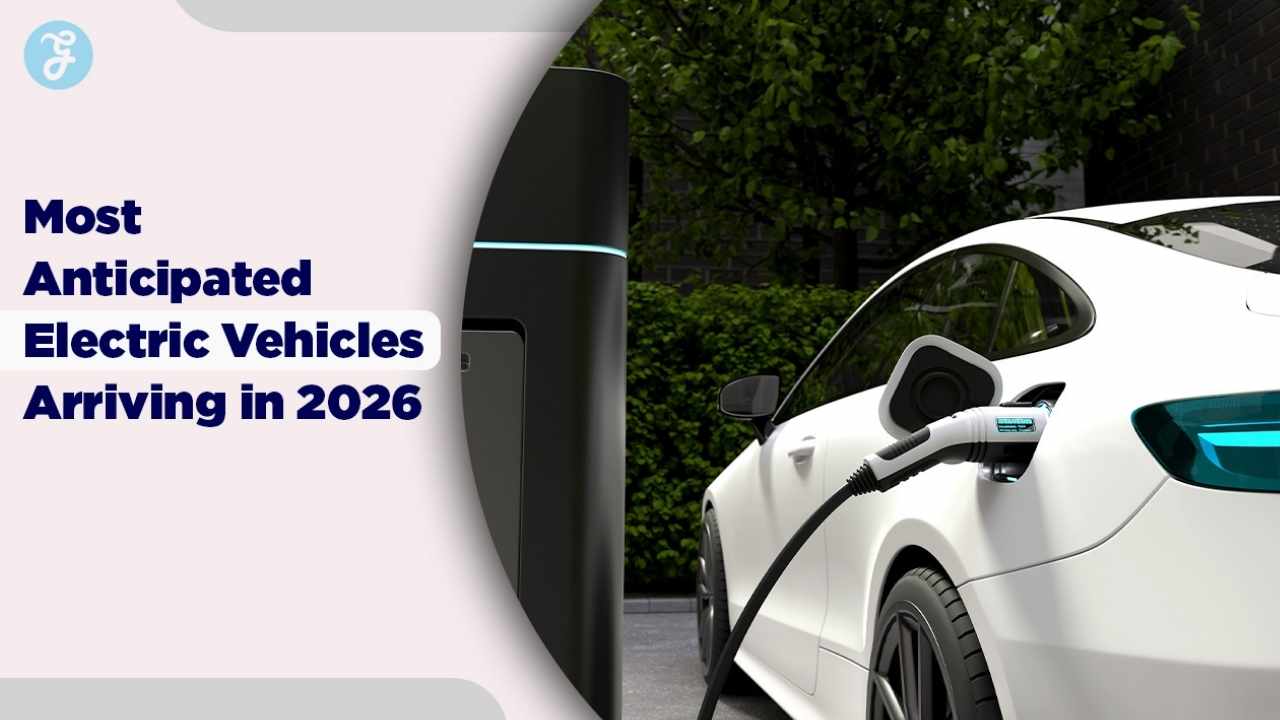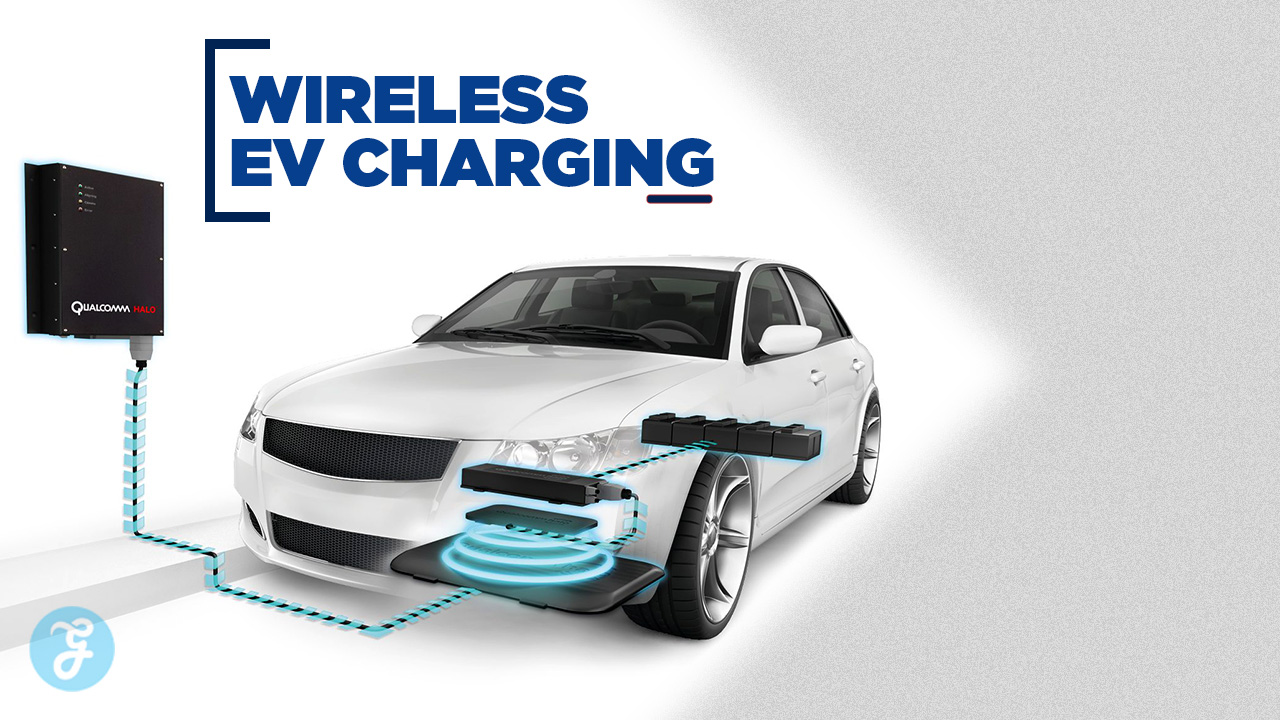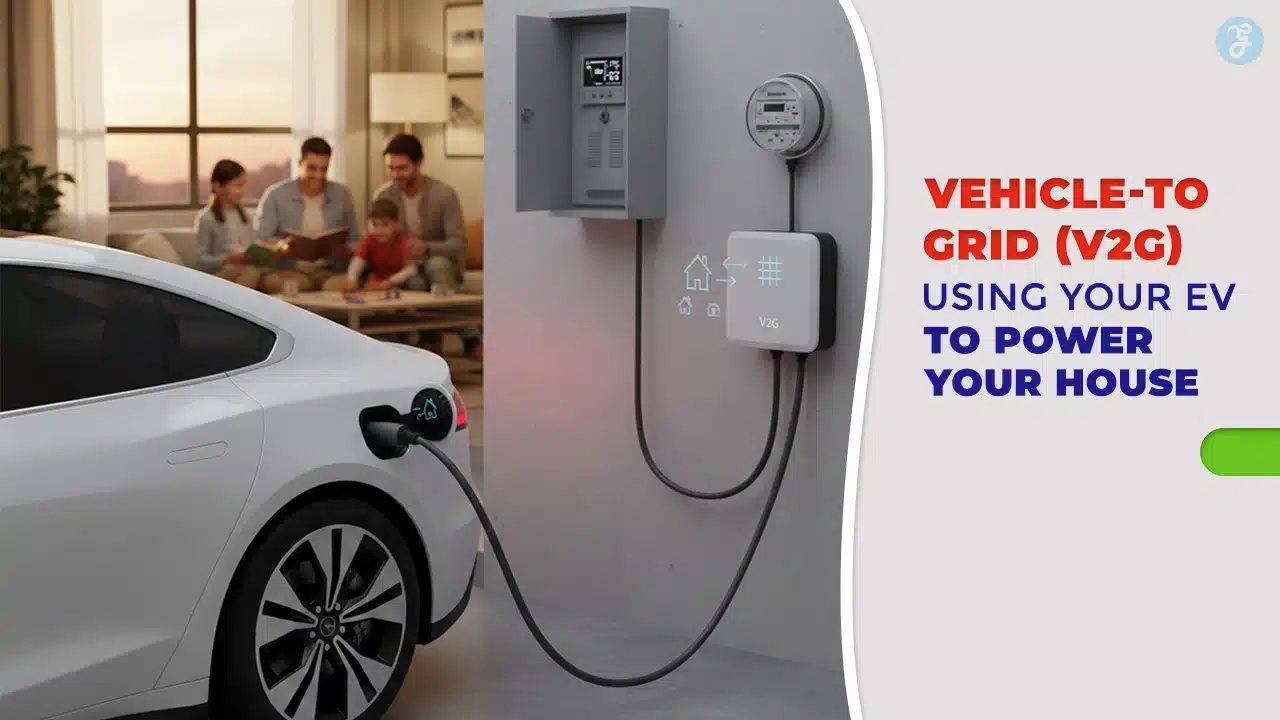Electric utility vehicles (EUVs) are gaining traction as a sustainable alternative to traditional fuel-powered vehicles. They offer a host of benefits, from reducing environmental impact to lowering operational costs. In this article, we will explore the advantages of making the switch to EUVs and why they are becoming an essential part of modern transportation.
Understanding the Basics: What Is a Utility Vehicle?
Before diving into the benefits of electric utility vehicles, it’s essential to understand what is a utility vehicle. A utility vehicle, commonly abbreviated as UV, is a versatile vehicle designed to perform specific tasks, often related to transport and logistics. UVs come in various shapes and sizes, ranging from compact urban models to robust off-road versions. Their primary function is to provide practical solutions for moving goods, equipment, or people, making them invaluable across multiple industries.
Environmental Benefits: A Greener Choice
One of the most significant advantages of switching to electric utility vehicles is their positive environmental impact. Unlike traditional vehicles that run on petrol or diesel, EUVs produce zero tailpipe emissions. This reduction in harmful pollutants, such as carbon dioxide and nitrogen oxides, contributes to better air quality and helps mitigate climate change. For businesses and municipalities aiming to reduce their carbon footprint, EUVs offer a viable and impactful solution.
Additionally, electric utility vehicles are quieter than their combustion-engine counterparts, which reduces noise pollution in urban areas. This feature is particularly beneficial in densely populated cities, where noise can be a significant issue. The quieter operation of EUVs also makes them ideal for use in settings where noise must be kept to a minimum, such as hospitals or residential neighborhoods.
Cost Efficiency: Lower Operating and Maintenance Costs
Another compelling reason to switch to electric utility vehicles is the cost savings they offer. The price of electricity is generally lower than that of petrol or diesel, resulting in significant fuel cost reductions. For businesses that rely heavily on transportation, these savings can add up quickly, making EUVs a more economical choice in the long run.
Moreover, electric utility vehicles have fewer moving parts than traditional vehicles, which means they require less maintenance. There are no oil changes, fewer parts to replace, and less wear and tear overall. This translates to lower maintenance costs and less downtime, making EUVs a reliable option for businesses looking to maximize efficiency and minimize expenses.
Versatility and Adaptability: Meeting Diverse Needs
Electric utility vehicles are incredibly versatile and can be customized to meet a wide range of needs. Whether you’re looking for a compact vehicle for city deliveries or a rugged model for off-road applications, there’s an EUV to suit your requirements. This adaptability makes them an excellent choice for various industries, including logistics, agriculture, public safety, and more.
For instance, in the logistics sector, EUVs can be equipped with specialized cargo compartments, refrigeration units, or even solar panels to enhance their functionality. In agricultural settings, they can be used for transporting tools, livestock feed, or harvested crops. The ability to tailor EUVs to specific tasks makes them a practical and flexible option for businesses and individuals alike.
Enhancing Public Image: A Commitment to Sustainability
Switching to electric utility vehicles is not just a practical decision; it’s also a statement of environmental responsibility. As more consumers and businesses prioritize sustainability, the use of EUVs can enhance a company’s public image. Demonstrating a commitment to green practices can attract eco-conscious customers and partners, giving businesses a competitive edge in today’s market.
Furthermore, governments and local authorities are increasingly offering incentives for adopting electric vehicles, including tax breaks, grants, and reduced registration fees. These incentives can further offset the initial investment costs, making the transition to EUVs even more appealing.
Conclusion: The Future Is Electric
In conclusion, the benefits of switching to electric utility vehicles are clear. They offer a clean, efficient, and versatile alternative to traditional fuel-powered vehicles. By understanding what is a utility vehicle and the advantages of the electric variant, businesses and individuals can make informed decisions that align with their environmental and financial goals. Whether you’re looking to reduce your carbon footprint, cut operational costs, or simply adopt the latest in transportation technology, EUVs present a compelling case for making the switch. As the world moves towards more sustainable practices, electric utility vehicles are poised to play a pivotal role in shaping the future of transportation.










































